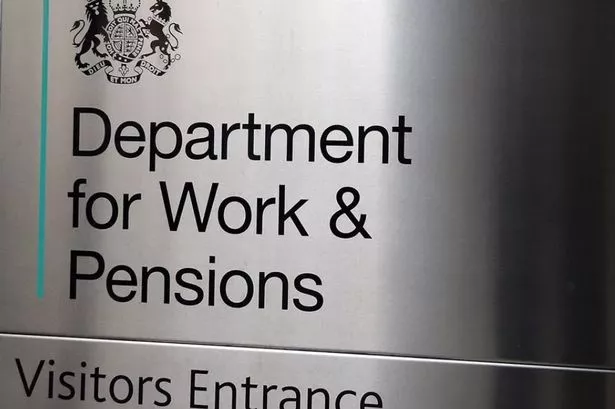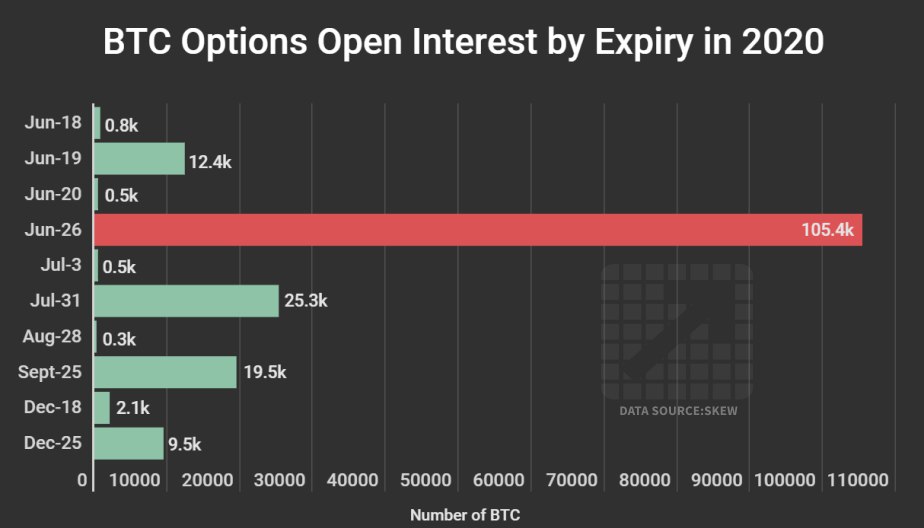DWP Overpayments: How To Claim Back Universal Credit Money

Table of Contents
Understanding DWP Universal Credit Overpayments
A Universal Credit overpayment occurs when you receive more money than you're entitled to. This can stem from several scenarios:
What Constitutes an Overpayment?
Several factors can lead to a Universal Credit overpayment:
- Failure to Report a Change in Circumstances: This is a very common reason. Any significant change, such as starting a new job, a change in your partner's employment status, a change in your living situation (moving in with someone), or a significant increase or decrease in income, must be reported to the DWP immediately. Failure to do so will almost certainly result in an overpayment.
- Incorrect Information Provided: Providing inaccurate information during your initial Universal Credit application can lead to an overpayment. This could include incorrect details about your income, savings, or household composition. Double-check all information before submitting your claim.
- Administrative Errors by the DWP: While less frequent, administrative errors by the DWP can also result in overpayments. This might involve incorrect calculations or a failure to update your records accurately.
Identifying a Universal Credit Overpayment
Identifying an overpayment requires careful attention to your Universal Credit statements:
- Regularly Review Your Statements: Check your online account or physical statements monthly to monitor your payments and identify any discrepancies.
- Understand the Calculation: Familiarize yourself with how your Universal Credit entitlement is calculated. This will help you spot any errors more easily. The DWP website provides detailed information on this.
Types of Universal Credit Overpayments
Understanding the difference between recoverable and non-recoverable overpayments is crucial:
- Recoverable Overpayments: These are overpayments the DWP is legally entitled to reclaim. They will typically send you a repayment plan.
- Non-Recoverable Overpayments: In certain circumstances, such as severe hardship or if the overpayment was due to a clear DWP error, the DWP may waive repayment. This is not guaranteed, however.
How to Appeal a DWP Universal Credit Overpayment Decision
If you disagree with a DWP overpayment decision, you have the right to appeal.
Understanding Your Rights
You have a limited time to appeal a decision – usually one month from the date of the overpayment notification. Check your notification carefully for the exact deadline.
Gathering Necessary Evidence
To support your appeal, gather strong evidence such as:
- Payslips: Demonstrating your income.
- Bank Statements: Showing your financial situation.
- Medical Certificates: If relevant to your claim, such as proof of illness or disability affecting your ability to work.
- Correspondence: Keep copies of all communication with the DWP.
Submitting Your Appeal
You can typically appeal online through your Universal Credit account, by phone, or by post. The DWP website will provide the necessary forms and instructions.
What to Expect After Submitting Your Appeal
After submitting your appeal, the DWP will review your case and evidence. You might be asked for further information. The process can take several weeks or even months.
Strategies to Avoid Future Universal Credit Overpayments
Proactive steps can significantly reduce the risk of future overpayments:
- Report Changes Promptly: Notify the DWP immediately of any change in your circumstances. This is paramount.
- Maintain Accurate Records: Keep meticulous records of your income, expenditure, and any changes in your household.
- Understand Your Entitlement: Thoroughly understand the rules and regulations surrounding Universal Credit eligibility.
- Seek Professional Advice: Don't hesitate to seek guidance from Citizens Advice, Shelter, or other relevant organizations.
Contacting the DWP Regarding Universal Credit Overpayments
Knowing how to contact the DWP effectively is crucial:
- Finding Contact Information: The DWP website provides contact details, including phone numbers and online forms.
- Understanding the Communication Process: Be prepared for potential delays in receiving a response.
- Keep a Record: Document all communication with the DWP, including dates, times, and the substance of conversations.
Conclusion: Taking Action on Your DWP Universal Credit Overpayment
Successfully navigating DWP Universal Credit overpayments requires understanding the process, acting promptly, and gathering sufficient evidence. Appeal any decision you believe to be unfair. By following the steps outlined in this guide, you can increase your chances of a favourable outcome. Don't delay; if you believe you have received a DWP Universal Credit overpayment, take action today! Reclaim what's rightfully yours.

Featured Posts
-
 March 7th Thunder Vs Trail Blazers Game Time Tv Broadcast And Live Stream Info
May 08, 2025
March 7th Thunder Vs Trail Blazers Game Time Tv Broadcast And Live Stream Info
May 08, 2025 -
 Golazo De Arrascaeta Flamengo Campeon De La Taca Guanabara
May 08, 2025
Golazo De Arrascaeta Flamengo Campeon De La Taca Guanabara
May 08, 2025 -
 Billions In Crypto Options Expire Bitcoin And Ethereum Face Volatility
May 08, 2025
Billions In Crypto Options Expire Bitcoin And Ethereum Face Volatility
May 08, 2025 -
 Bitcoins Recovery A Deeper Look At The Market Trend
May 08, 2025
Bitcoins Recovery A Deeper Look At The Market Trend
May 08, 2025 -
 Uber Launches Subscription Plans A New Era For Driver Commissions
May 08, 2025
Uber Launches Subscription Plans A New Era For Driver Commissions
May 08, 2025
Latest Posts
-
 Mild Vinter Flere Skisentre Stengt
May 09, 2025
Mild Vinter Flere Skisentre Stengt
May 09, 2025 -
 Mild Vinter Forer Til Tidlig Stenging Av Skisentre
May 09, 2025
Mild Vinter Forer Til Tidlig Stenging Av Skisentre
May 09, 2025 -
 Jayson Tatums Game 2 Availability In Jeopardy Due To Bone Bruise
May 09, 2025
Jayson Tatums Game 2 Availability In Jeopardy Due To Bone Bruise
May 09, 2025 -
 Boston Celtics Merchandise Shop Official Gear At Fanatics For The Playoffs
May 09, 2025
Boston Celtics Merchandise Shop Official Gear At Fanatics For The Playoffs
May 09, 2025 -
 Jayson Tatum Injury Update Bone Bruise Could Keep Him Out Of Game 2
May 09, 2025
Jayson Tatum Injury Update Bone Bruise Could Keep Him Out Of Game 2
May 09, 2025
